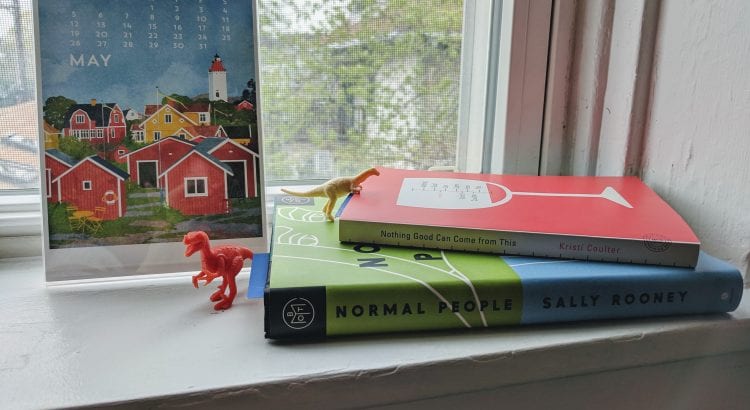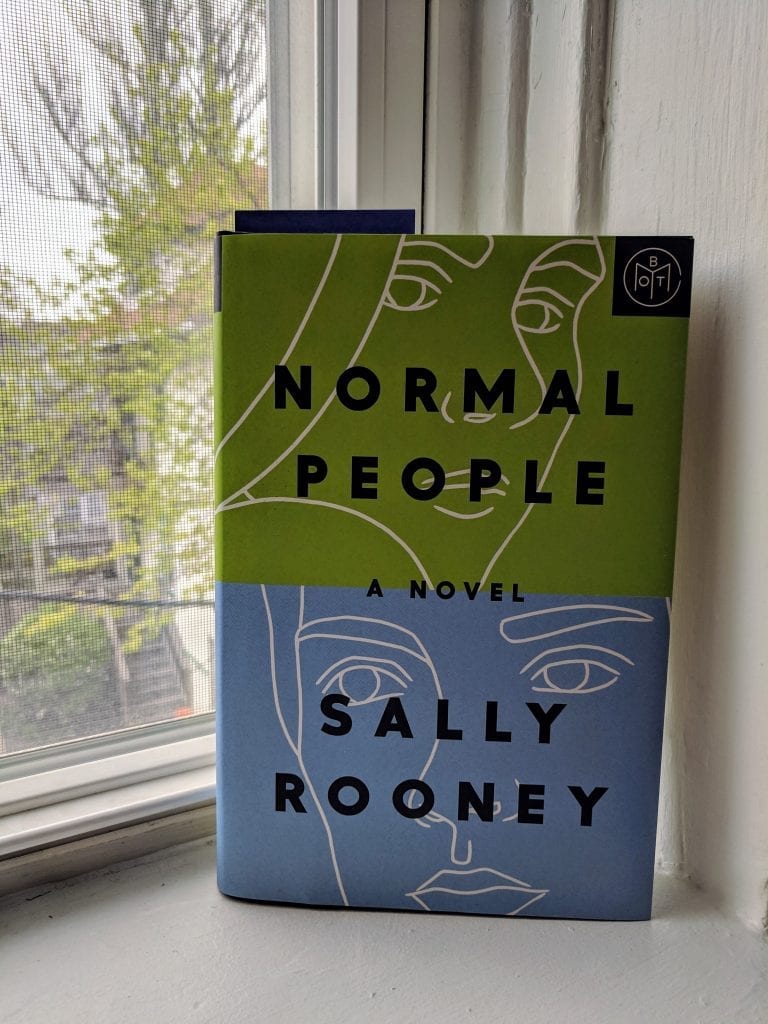
Normal People by Sally Rooney
“Normal People” is a not normal, very good book of literary fiction by author Sally Rooney. The story of back-and-forth lovers Connell and Marianne unfolds over the course of 2011, when the two are in their senior year of high school, and 2015, when college graduation looms.
Rooney is a maestro of character explorations and she’s at the top of her game with this one (and the top of the writing field, according to the British Book Awards, which recently awarded “Normal People” its coveted Book of the Year accolade). Rooney’s writing is mostly very subtle, purposefully juvenile, practically meditative to read in its simplicity, but that belies all the masterful skill she’s deftly weaving underneath.
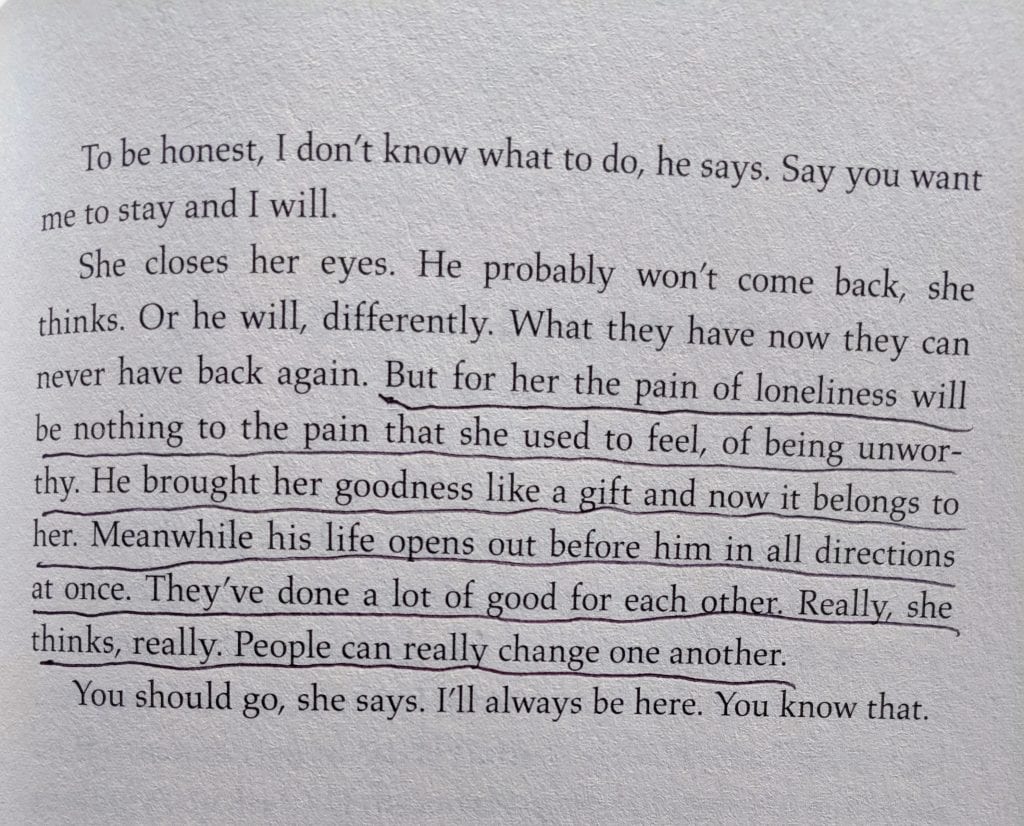
And then she’ll body slam you with a perfectly astute description of depression or fleeting moments of joy or the spiritually injurious albatross of abusive relationships (between lovers, families, social classes) and the damage that results—damage that can be, if not erased, at least lifted by an irregular kind of love.
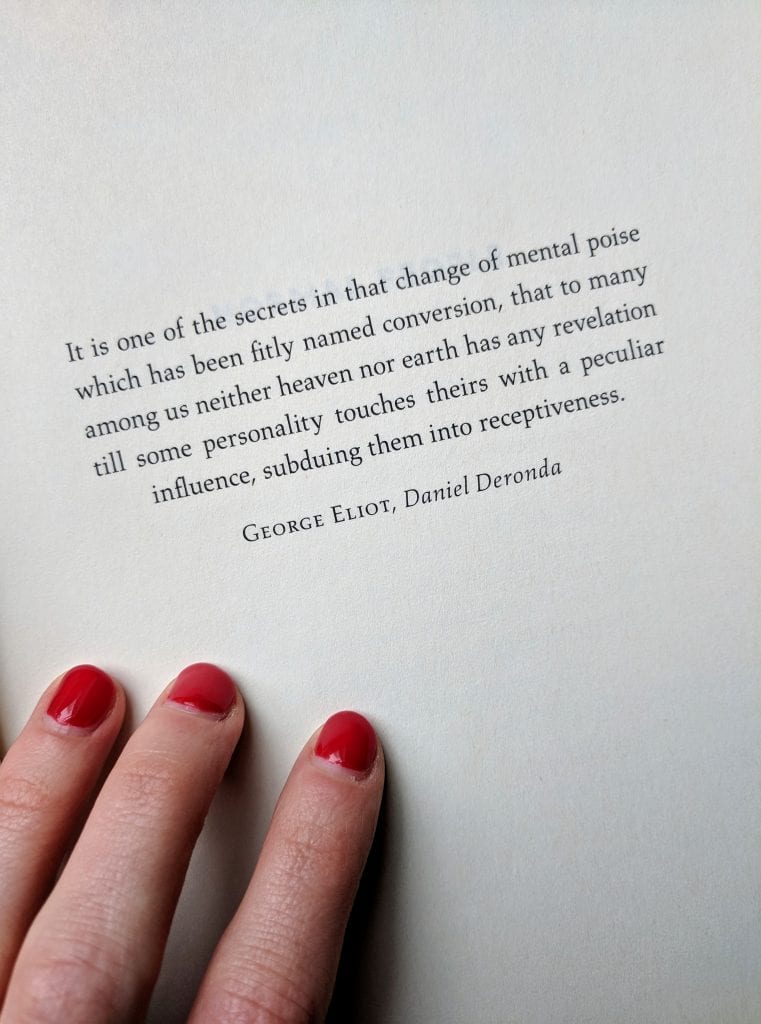
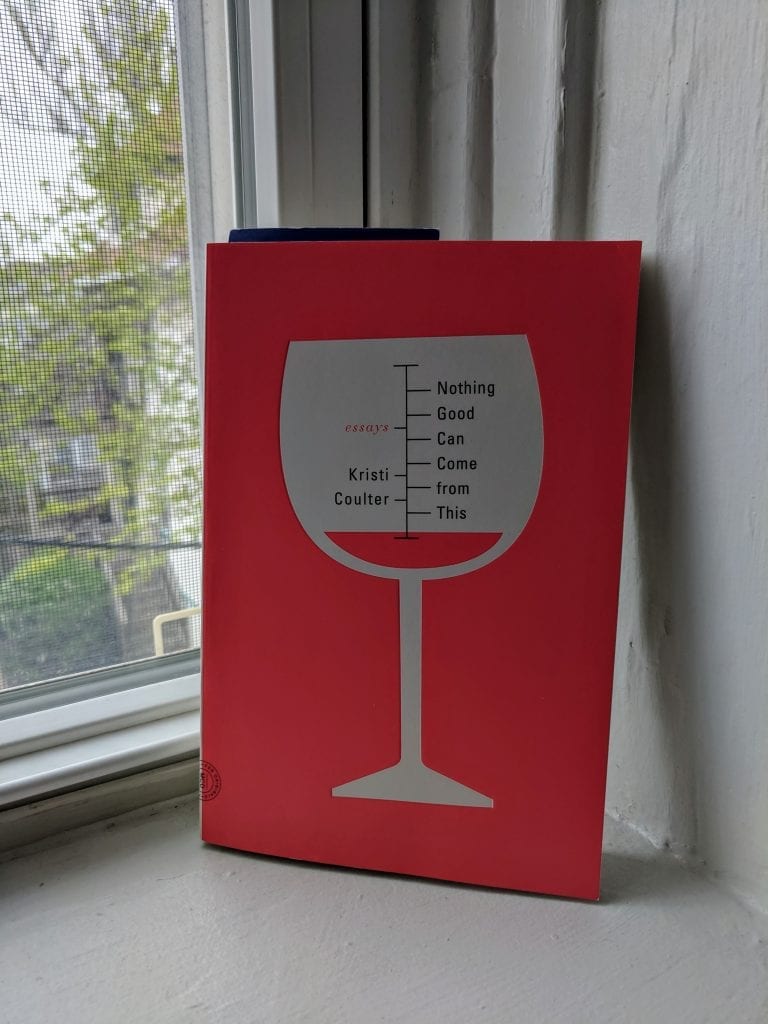
Nothing Good Can Come from This by Kristi Coulter
I’m reading this for a future episode of Zero Proof Book Club. I don’t usually include those books in my monthly blog roundups, but I think this series of essays by Kristi Coulter is something anyone could enjoy, not just sober or sober-curious somebodies.
Frank, feminist, fucking funny. All the most delicious f-words apply to Coulter’s trash talk about being trashed and life before, during, and after the fact. Hermit crab essays, narrative essays, and other smart takes on the form abound. It’s interesting to read work on a theme and learning the writer’s story that way, rather than through a traditional memoir format. That Coulter’s life feels eerily familiar to women of a certain headstrong, willful ilk by emotionally chaotic childhood design is a bonus.
